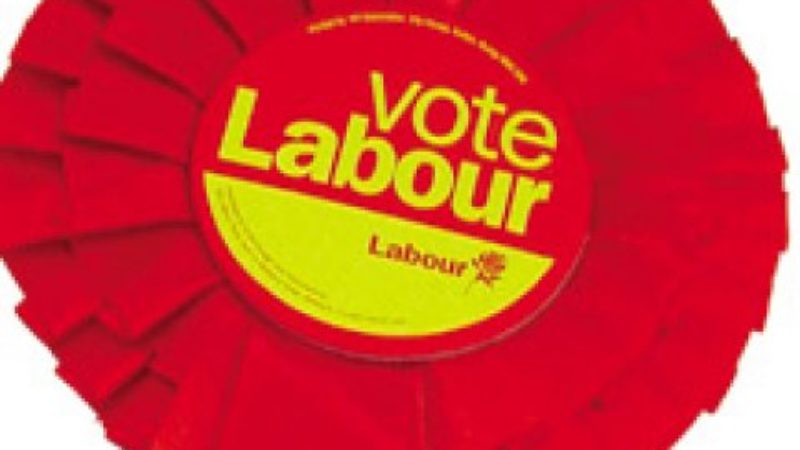
By Jonathan Slater and Gill Gray
Since Labour currently has the time for reflection in its bid to reconnect with the public and prove it is once more a ‘people’s party’ we have the opportunity to look at how we end up with the people’s representatives we have.
It has always been difficult to ensure that Labour’s political representatives were representatives in more than just name. One of the major difficulties was always the sheer cost of such an exercise. The trades unions and the cooperative movement initially provided vital financial support to the people’s representatives but many suitable people could not consider the prospect.
Opposition resentment at Trades Union support culminated in the House of Lords in 1909 declaring such financial support illegal but the calamitous effect on this for democracy was soon recognised and in 1911 an Act introduced salaries for MP’s. Now, provided you won your election you need not have money worries. And a greater variety of people, including women, could consider standing for parliament.
But there is another problem tied in with candidates finances that is increasingly threatening the democratic process in much the same way as the lack of a parliamentary salary did. This emerging problem is about being a candidate i.e. the first stage to becoming an MP.
It is getting harder and harder financially for putative candidates to put themselves forward, often more than once, to get selected. And as before, when candidates drop out for financial reasons the democratic process is impoverished. The variety of candidates is reduced and with that the variety of skills, experience and vision available to parliament is also reduced.
The estimate before the 2010 election was that the ‘average’ candidate spent about £4,000 of their own money on promoting their applications for a Labour winnable seat. These costs included printing, publishing and sending out their canvassing material and travel costs, which sometimes including overnight stays. A different cost is taking time off work which is increasingly a no-no especially if the putative candidate does not work in a political environment.
Since then the Party has started making some welcome changes for the early parliamentary selections which include (for short-listed candidates) limiting the canvass material they can use and tightening up the rules on contacting members. You also no longer need the nomination of a branch or affiliate organisations, but to be long-listed, you can seek the supporting statements from branch and affiliate organisations.
These changes will help aspiring candidates who are restricted by both time and money to be competitive in a selection contest for a Labour winnable. It will therefore help ensure there is a greater variety of candidate available for CLP’s to choose from.
But there still needs to be further changes.
Firstly there is still nothing to stop Labour MPs announcing their retirement 3-4 weeks before the date of the general election – just before the short campaign begins. This is not good as it doesn’t allow a candidate enough time to embed themselves into the constituency, particularly if the notional Labour majority is small, but it also means the CLP has no control over the short-listing of candidates where the NEC assumes responsibility. Although in some cases NEC shortlists can actually be a way in which the national party can promote under-represented groups, it’s still important to create a fair and transparent process for all aspiring candidates and to end the perception of ‘parachuting candidates in’. The Party needs to make formal sanction that all Labour MPs, regardless of whether they have been reselected through a trigger ballot, to formally announce 3 years into a parliament where they wish to restand or not.
Secondly some of the changes brought in for the early selections are a step in the right direction, but there is still an issue of aspiring candidates who work full-time whose employment income is their sole support, as well as those with family commitments, are still hampered from being competitive in a winnable Labour parliamentary selection. In the person specification issued by the NEC for prospective Labour MPs, its asks for ‘other life experience’ outside of the Labour Party to include voluntary sector, public service and work, family or caring experience that is relevant to the position of an MP.
In order to ensure that we have Labour Parliamentary candidates and ultimately Labour MPs to have those crucial life experiences, we ask the NEC to investigate the possibility of bringing in a bursary for aspiring candidates who have those crucial experiences in helping to them to be competitive in a Labour winnable parliamentary selection contest.
Unfortunately what we are see are large parts of the PLP who have been a product of a career path that is getting more and more homogenised and therefore less and less representative. The fact that the last leader’s election was composed only of Oxbridge candidates – four of which were former special advisors – was not an endorsement of quality but a snub to Labour’s voting public.
We hope that members of the NEC find our arguments constructive. We want the Labour Party to have parliamentary candidates that members of the general voting public can resonate with, which we feel would help no end in ensuring the election of more Labour MPs – and ultimately bring about the return of a Labour government.
Jonathan Slater was Labour’s Parliamentary Candidate for Aldershot in 2010
Gill Gray is a former Labour South East Party official




More from LabourList
Supreme Court trans ruling: Ban on CLPs and branches backing ‘unlawful position’
‘How we can build a strong political centre and centre-left’
‘Building the UK’s best network: delivering digital opportunity for every community’